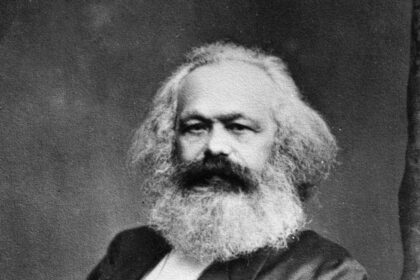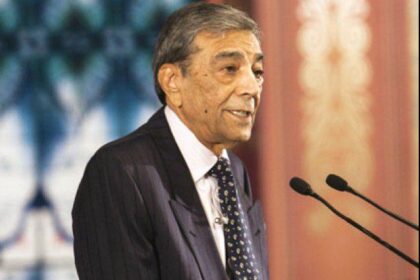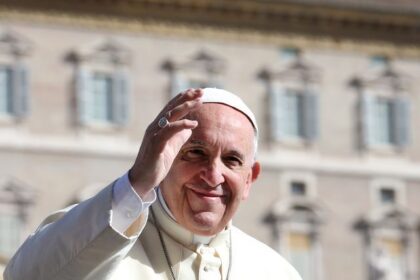Zohran Mamdani, a Ugandan-born New Yorker with Indian roots, calls himself a democratic socialist. In a stunning upset, he defeated establishment heavyweight Andrew Cuomo with grassroots organising and a fraction of the budget. He is also considered a critic of Israel and Donald Trump’s “Worst Nightmare”. The fact that his opposition received funding of $25 million, while Mamdani only received $640,000, made Mamdani’s victory even more remarkable. Social media and door-to-door campaigning significantly contributed to his popularity. But what does his historic success mean for American leftism and the global imagination of political power?
Firstly, his primary defeat of centrist heavyweight Andrew Cuomo can reshape internal Democratic Party dynamics and can deepen tensions within the Democratic Party between the establishment and the progressive wings, forcing a reckoning within the Democratic Party of whether they keep resisting the left or begin absorbing its demands. Additionally, Mamdani’s win shows that leftist politics — which is often associated with movements and protests — can transform into a viable governance system. If he can deliver on his promises, America’s left can completely shift from an oppositional movement to a system of governance. Furthermore, Mamdani’s movement is built on a coalition of multi-racial, working-class, and immigrant people, which contrasts greatly with the traditional democratic electoral machine and can offer a new electoral base for the Democrats.
Mamdani’s rise also challenges global assumptions about the limits of leftist politics in the West, but also counters long-lasting stereotypes of how socialism is politically toxic in America and that only ‘centrists’ are electable in big cities. Mamdani’s rise also triggered a strong reaction from billionaires, Wall Street-backed PACs, and even the national media, which framed him as ‘dangerous’ or ‘radical’. Mr Trump also called him a “100% Communist Lunatic”. In his campaign, Mamdani also promised to stand up against ICE — Trump’s immigration crackdown force — to win immigrant votes.
Mamdani’s governance model directly challenged the economic dominance and profit models that have joined forces to face Mamdani. Specifically, Mamdani’s housing platform directly targets the financialisation of housing by New York landlords. Moreover, Mamdani introduces increased taxes on the wealthy, which Wall Street greatly opposes, saying that it threatens capital security and tax avoidance structures.
Even after winning, Mr Mamdani will face many challenges in governing New York. Most of the socialist reforms that Mr Mamdani introduces will face opposition from the Real Estate Board of New York (REBNY), NYPD unions, city bureaucracy, and media empires. Developers and financiers may threaten to pull out their investments to pressure Mamdani’s administration. Most importantly, Mr Mamdani will not be able to override the New York State Legislature, which often aligns with the centre, with his progressive city policies.
A socialist mayor ruling the capital of a capitalist empire carries significant symbolic weight. A mayor challenging the core of capitalism in the Empire’s economic capital, a challenge to the decades-long regime of neoliberal austerity and privatisation. At the same time, his background as a Muslim immigrant with African and South Asian roots breaks racial, religious, and ethnic barriers in a historically defined political arena. Additionally, Wall Street and real estate elites spent tens of millions of dollars to stop him, yet his victory symbolises the limits of moneyed power in American democracy and the potential for grassroots movements.
In conclusion, Mamdani’s victory is a transformative moment in American politics and holds enormous irony in the election of a socialist mayor at the heart of global capitalism. Although Mamdani will encounter numerous challenges during his tenure, including opposition from entrenched elites and political rivals, his movement appears to possess the momentum needed to confront these obstacles. The upcoming years will be a test not only for Mamdani but also for leftist urban governance in the US. For now, New York has chosen a mayor who dares to govern against the empire from within its capital.















